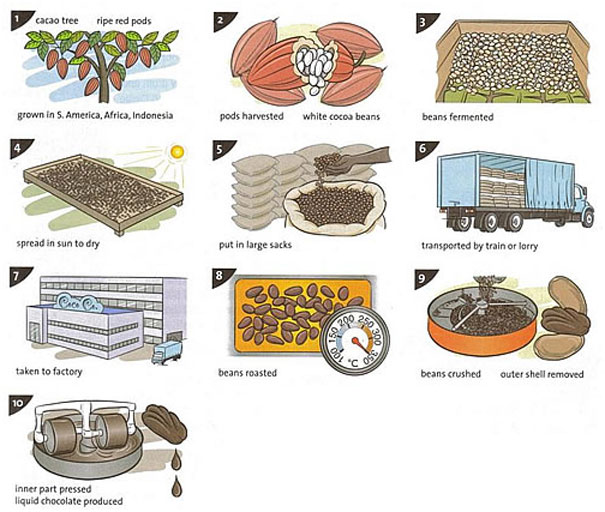- Home
- IELTS Grammar
- Relative Clauses
Relative Clauses
Relative clauses are a type of complex sentence. It essential that you know how to write complex sentences if you want to do well in the IELTS writing test.
So how are they related to IELTS writing?
Relative Clauses Used in IELTS Writing
To get a band 6 or above for your grammar in IELTS you need to be able to write complex sentences correctly and show this to the examiner. As relative clauses are a type of complex sentence you should try and include some in your writing.
Here are some examples used in an IELTS task 1:
- Consumption of pizzas was far higher than hamburgers, which were consumed approximately 5 times a year.
- Community contributions, which were the second largest revenue source, brought in 10.4% of overall income, and this was followed by program revenue, at 2.2%.
Here are some examples from task 2 essays:
- CO2, which damages the ozone layer, comes from several sources, but the most problematic are those coming from the burning of fossil fuels from power plants.
- Email and social networking sites such as Facebook and MSN have created online communities that are global in scale.
Relative clauses can refer to:
- People = who / that
- Things = which / that
- Places = where
Below are some essential rules about these types of clauses that you must know. The rules refer to independent and dependent clauses, so make sure you understand these first.
8 things you must know about relative clauses:
1) Relative clauses modify nouns, and they must come after the noun they are modifying:
noun relative clause
The car, which is my father’s, is in the garage.noun relative clause
The car is in the garage, which is locked.In the first sentence, the relative clause is referring to "the car", so it comes after that noun. In the second sentence it is referring to "the garage".
2) There must be an independent and dependent clause:
Ind Clause Dep Clause Ind Clause
The car, / which is my father’s, / is in the garage.
3) As there are two clauses, there must be a subject and verb in each:
S S V V
The car, / which is my father’s, / is in the garage.This is because a relative clause is two simple sentences joined together. In other words:
S V
The car is in the garage.
S V
The car is my fathers.
4) If you miss part of one of the clauses out, or one of the subjects or verbs, you will create a fragment (an incomplete sentence):
S S V
The car / which is my father’s.This is incorrect as there must be a full dependent and independent clause.
Learn more about relative clause fragments
5) The verb in the relative clause must agree (i.e. singular subject takes singular verb) with the noun it is modifying:
Subj (sing) verb (sing)
The car, / which is my father’s, / is in the garage.
6) If the information is ‘extra’ information, there are commas:
The car, which is my father’s, is in the garage.
The relative clause is not identifying the noun, it is just extra information about who owns it.
7) If the information is ‘essential’, there are no commas:
The car which is in front of the house is mine.
This is identifying which car, so it is essential. There are probably other cars, so without the relative clause we will not know which car is being talked about.
In other words, if you said "the car is mine", this would not help us. Which car?
Learn more about essential and non-essential relative clauses
8) With ‘essential’ relative clauses, ‘that’ can replace ‘who’ or ‘which’:
The car that is in front of the house is mine.
The police have not found the person that stole my car.
When you enrol in any of the external courses here, we may get an affiliate commission — but it never affects your price or what we pick and the courses are designed and owned by IELTS buddy.
You can learn more about relative clauses here:
Or take a course to become an expert
in relative clauses:
Comments
Any comments or questions about this page or about IELTS? Post them here. Your email will not be published or shared.
Band 7+ eBooks
"I think these eBooks are FANTASTIC!!! I know that's not academic language, but it's the truth!"
Linda, from Italy, Scored Band 7.5












